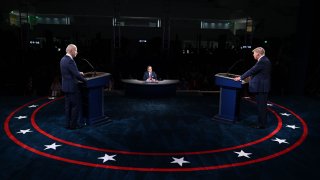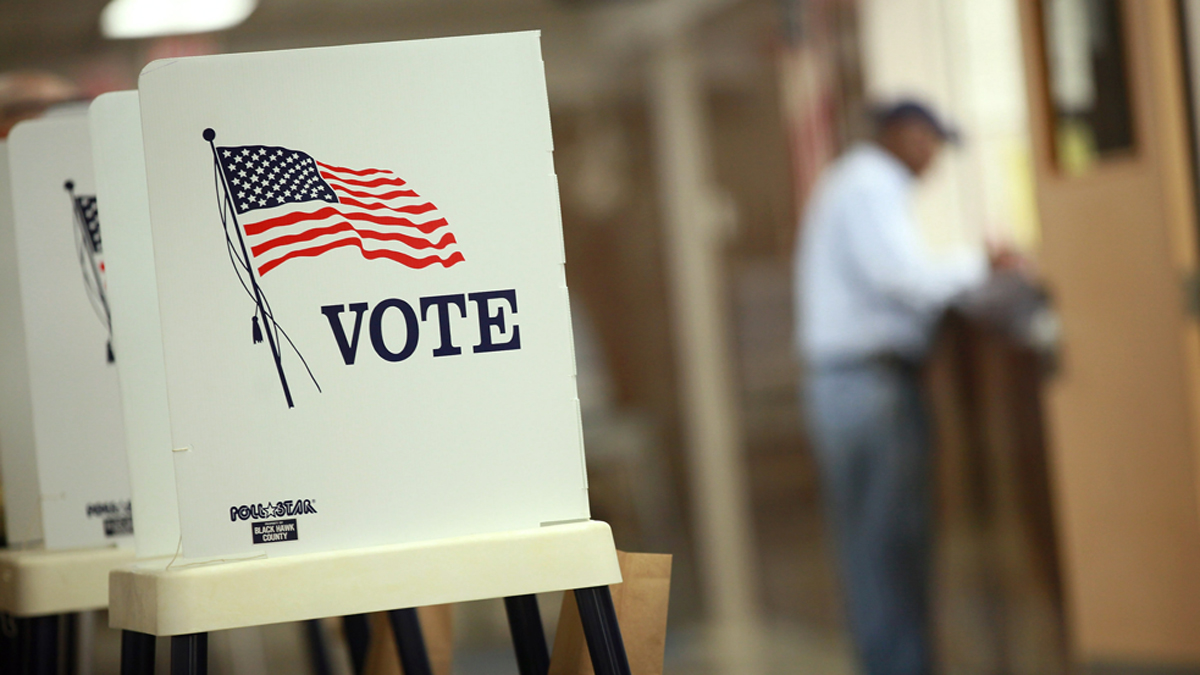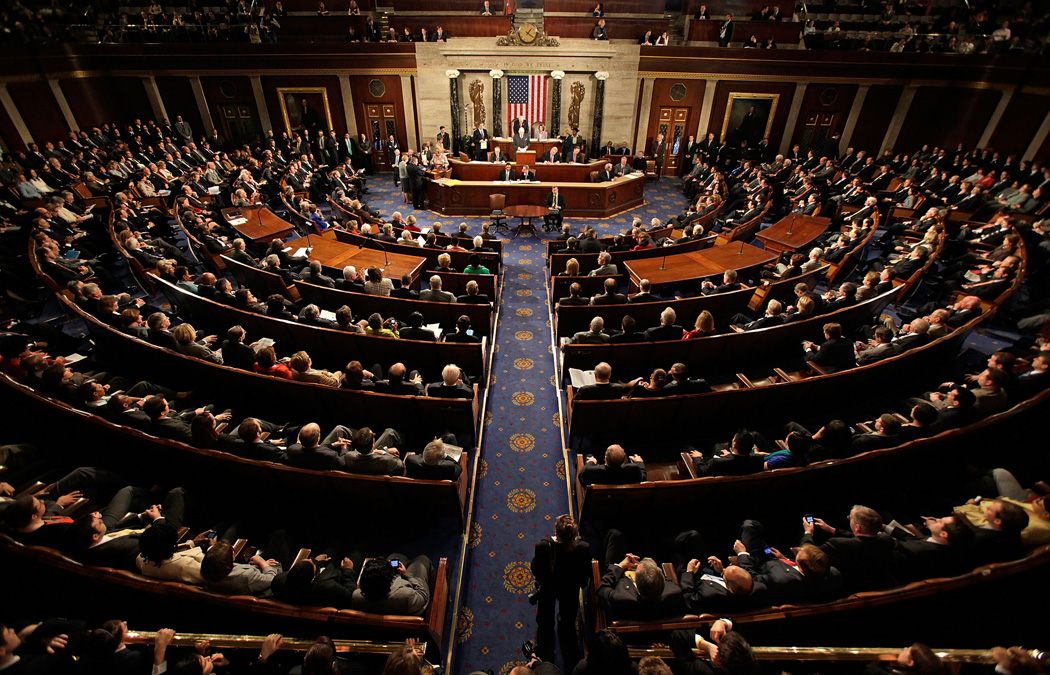
Presidential debates represent the best and last opportunities for large numbers of voters to acquaint themselves with the candidates.
Until television, they occurred sporadically among small audiences. Television proved to be a perfect foundation for reprising presidential debates in 1960 when Democrat John F. Kennedy debated Richard Nixon.
Since then, they have been part of almost every presidential campaign, with television audiences ranging between 60 million and 85 million viewers.
The rules for presidential debates vary with each election.
This year, there will be three debates, each under the direction of a single moderator.
The first debate will be Tuesday, September 29, with Fox Television’s Chris Wallace in charge. He has chosen six topics which will be discussed in 15-minute increments.
On Tuesday, viewers will be watching several debate aspects, among them: the issues, campaign styles, potential gaffes.
The Issues
Substantively, nothing is more important than issues because candidate opinions reveal windows into policy proposals and behavior in office.
Typically, incumbents have the edge on issues because they have been managing them for the past four years. That’s why incumbents run on their records.
President Donald Trump
For the first three years of his term, President Trump touted his economic policy; given record low unemployment, he had good reason for doing so.
Then came COVID-19, which turned the economy upside down along with the deaths of more than 200,000 Americans.
Trump has blamed China for COVID-19 and has promised an economic rebound around the corner along with a virus vaccine. Trump has also criticized unruly cities caused by violent protesters dedicated to defunding police.
With respect to health care, Trump has been working to end Obamacare, and promises to finish the job if re-elected.
Increasingly, he claims the election is “rigged,” largely because of states with Democratic governors that are distributing ballots to all registered voters.
Challenger Joe Biden
Joe Biden has been focusing primarily on the president’s management of COVID-19.
While not blaming Trump for the virus, Biden has criticized him for keeping knowledge of the deadly virus from the public, and then for refusing to respond to the pandemic through a national plan; instead, Biden says, the president has foisted management on to the state governors who lack the resources to handle the pandemic.
Biden wants to expand Obamacare to ensure Americans of better, less expensive health care.
Regarding the nation’s now-tattered economy, Biden claims that it can’t heal until the national government gets control over the virus, which Biden is prepared to do.
Campaign Styles
We can anticipate radically different campaign styles during the presidential debates.
President Donald Trump
Trump operates with a bigger-than-life approach, full of self-praise and disregard for others who reject his objectives. He makes endless inaccurate claims which are damned by critics as outright lies and forgiven by allies as harmless excesses.
Expect Trump to be aggressive, focusing on the negative, and that only he can rescue the nation.
Trump will warn that Biden and his Socialist allies will add to the nation’s already destructive political environment pummeled by urban terrorists.
Challenger Joe Biden
Look for Biden to zero in on Trump’s mismanagement of COVID-19 wherever possible because Biden sees that as the country’s most pressing and painful issue.
Presenting himself as fighting for the “soul of the nation,” Biden is likely to excoriate Trump for intentionally dividing whites against minorities, citizens against immigrants, and those wary of government from those who support it.
Rather than casting blame on various groups for the nation’s ills, Biden will promise to heal it and us upon taking office.
Gaffes
Despite candidate management of substantive issues, sometimes their successes are overshadowed by gaffes. Such miscues can go a long way toward otherwise undoing an otherwise respectable debate performance. Here are a few that have occurred in the past:
- In 1976, when debating Democratic challenger Jimmy Carter, president Gerald Ford claimed that eastern European nations were not dominated by the then-Soviet Union, showing his ignorance of global geography.
- In 2004, while debating Republican incumbent George W. Bush, Democratic candidate John Kerry said that he would use force only after the country passed a “global test,” suggesting the United States was beholden to international forces.
Sometimes it’s not what a candidate says as much as what he or she does, such as:
- Republican President George H.W. Bush in 1992 caught on camera checking his watch in his debate with Democratic candidate Bill Clinton.
- Democratic candidate Al Gore heavily sighing and grimacing in his debate with George W. Bush in 2004.
- Republican candidate Donald Trump appearing to stalk Democratic candidate Hillary Clinton as she walked to answer a question in 2016.
Gaffes don’t necessarily lose an election for a candidate but they can become the story of the debate.
The Bottom Line
Debates are important events. They allow us to see candidates stake out their positions, manage the moderator’s questions, and attempt to separate themselves from each other.
In the process, we learn more about the candidates than normal because they must operate in a less controlled environment. Simply put, those three 90-minute events can reveal much more about the candidates than you (and they!) might think or intend.
So, come Tuesday, pull up a chair—and don’t forget the beer and popcorn!
Next week: Mailed Ballots



